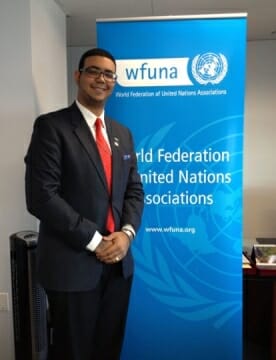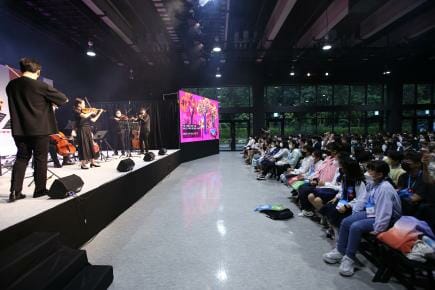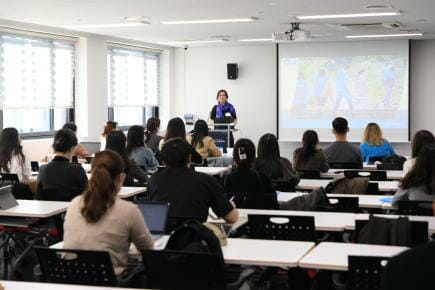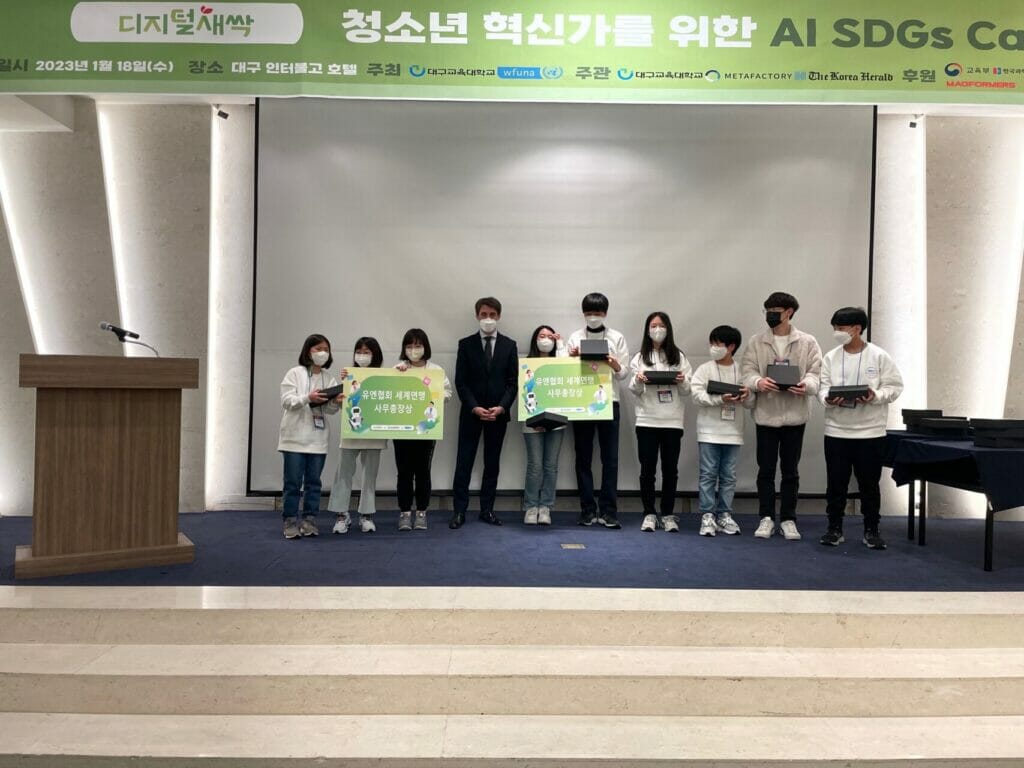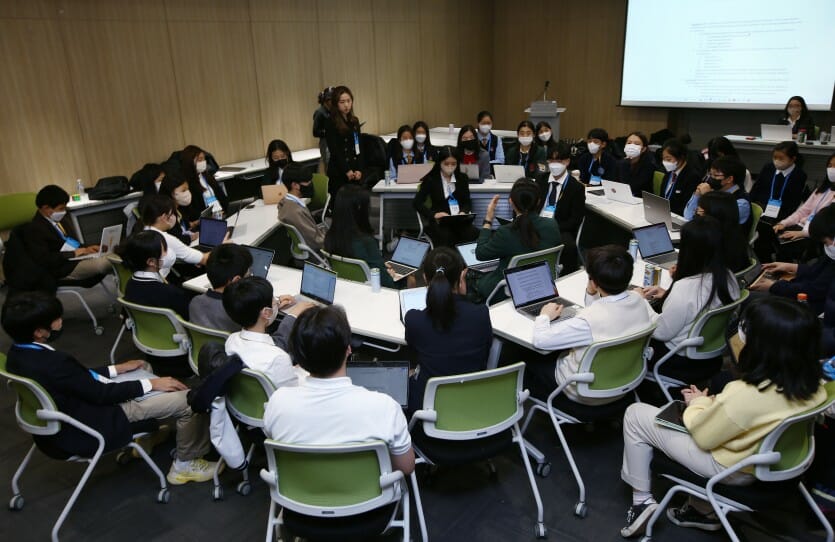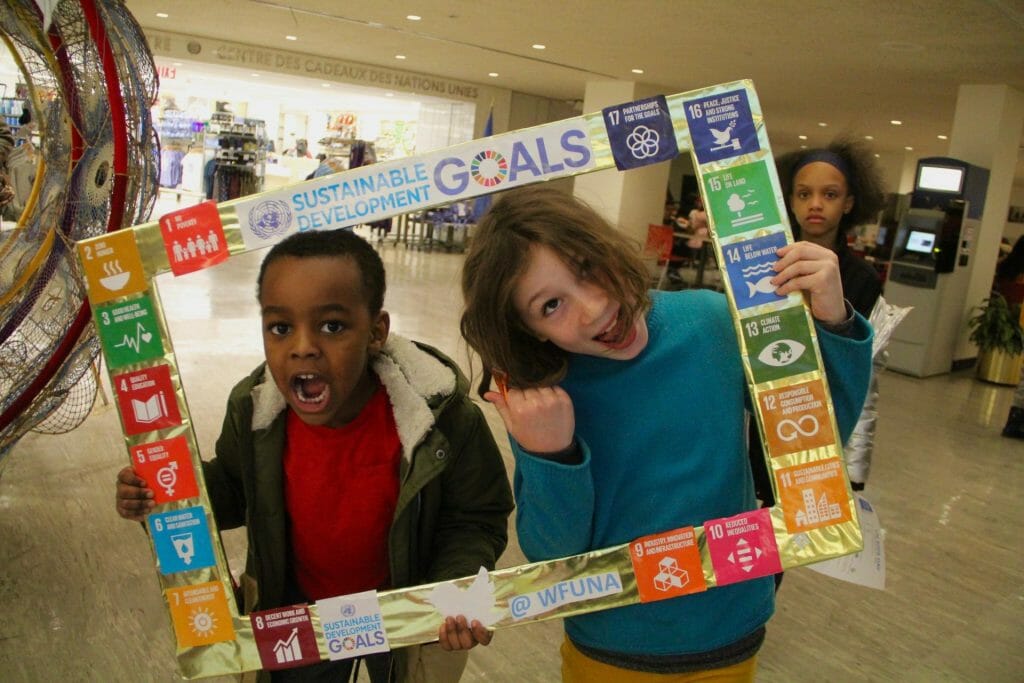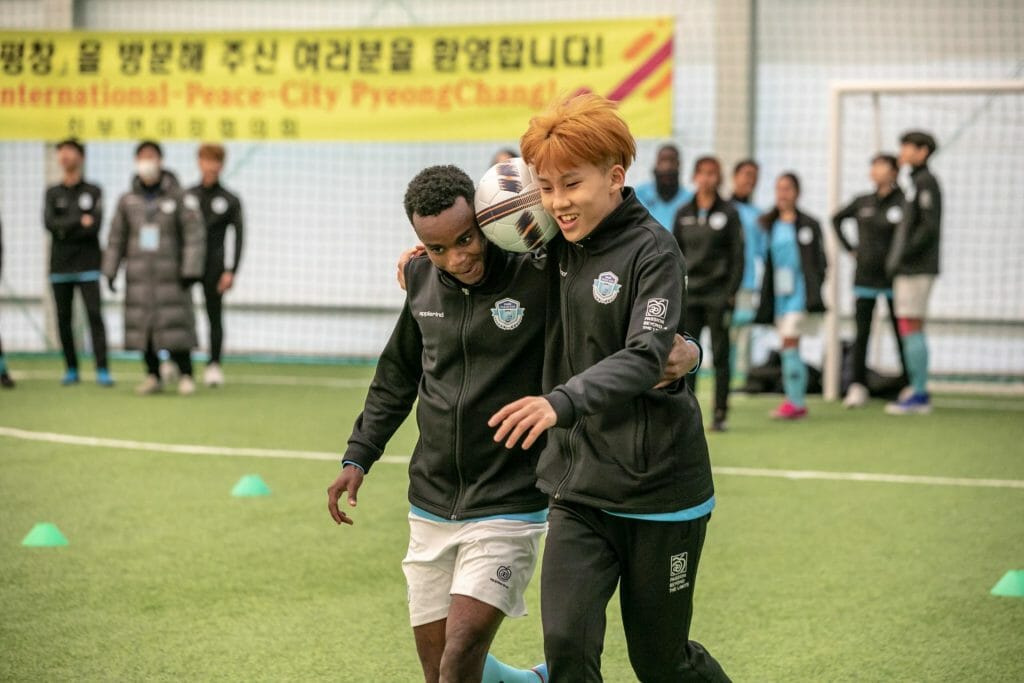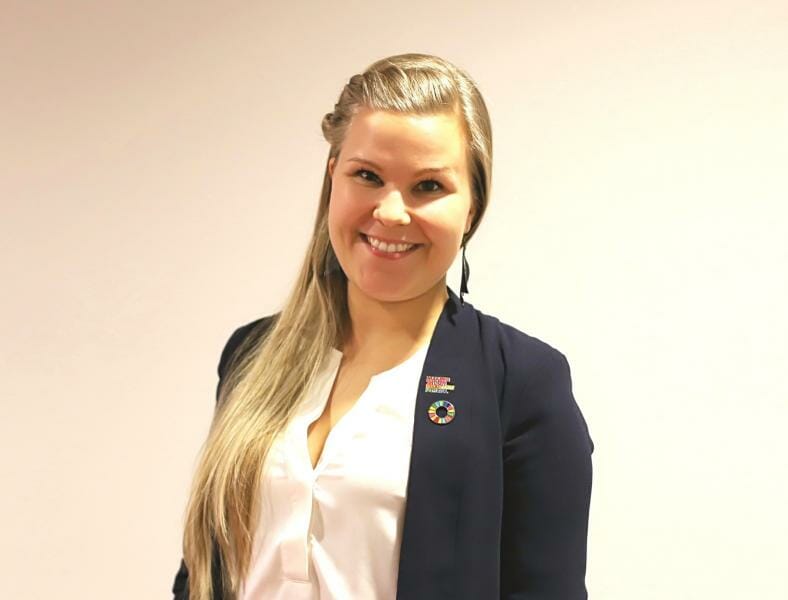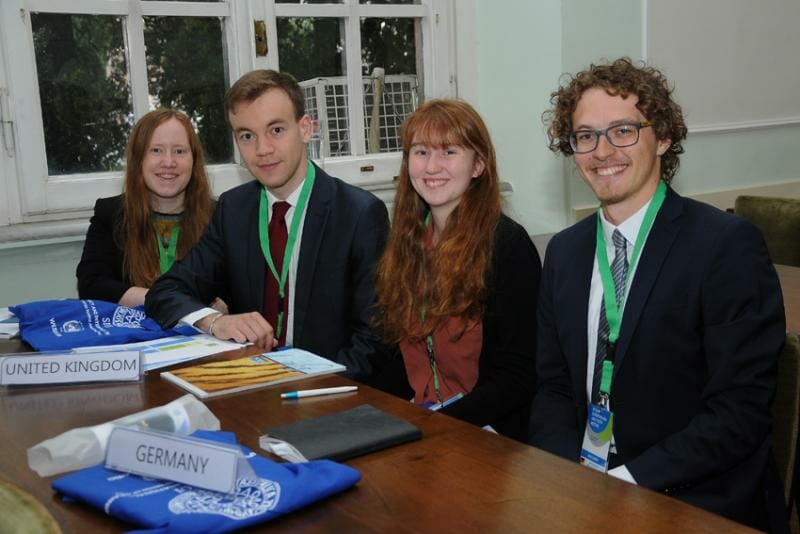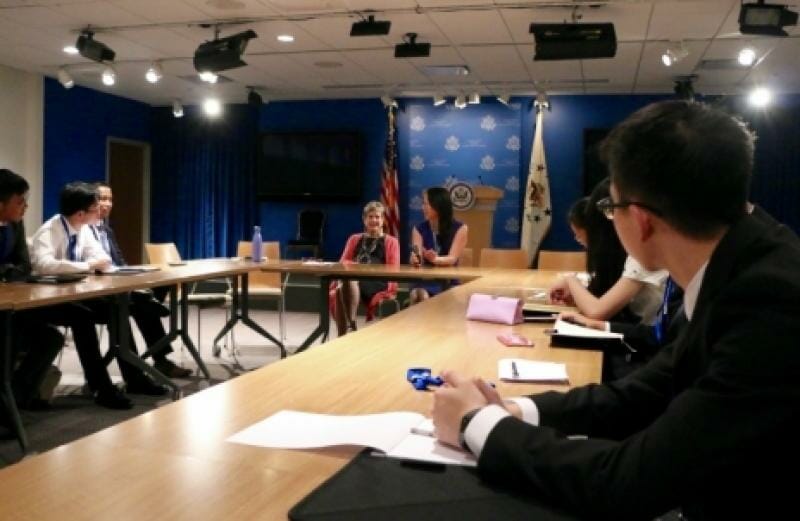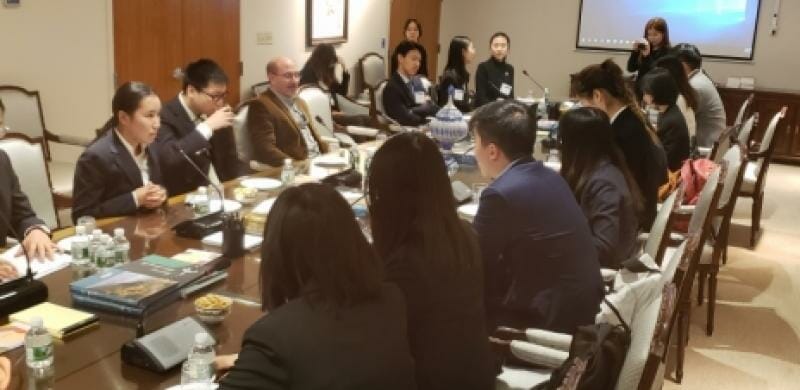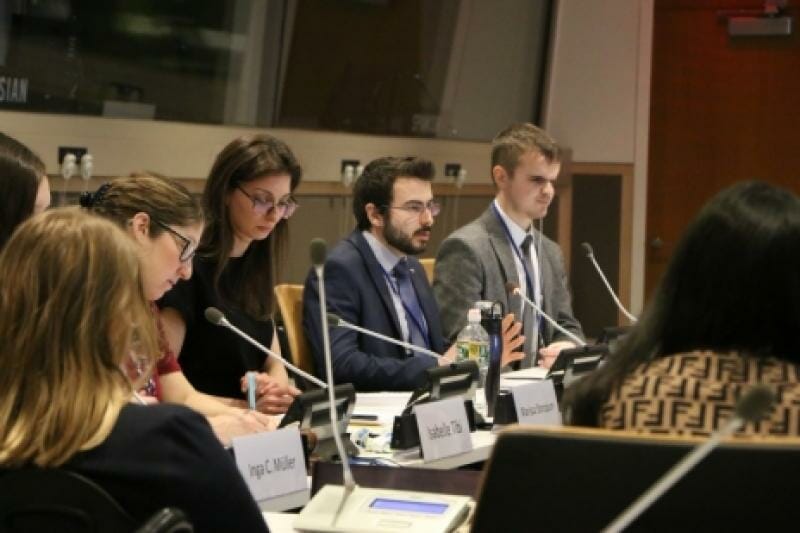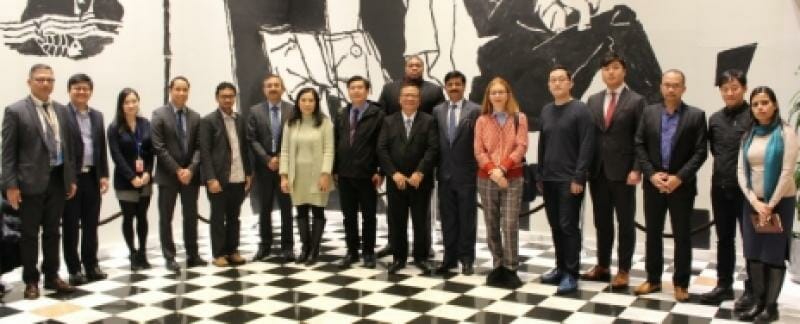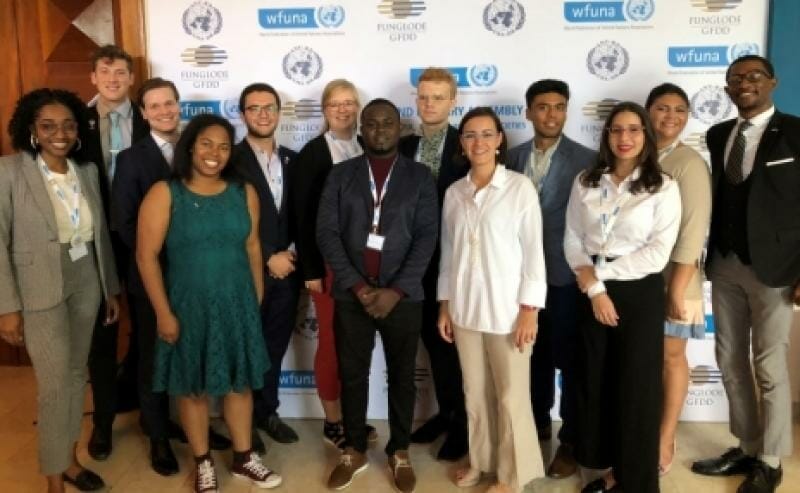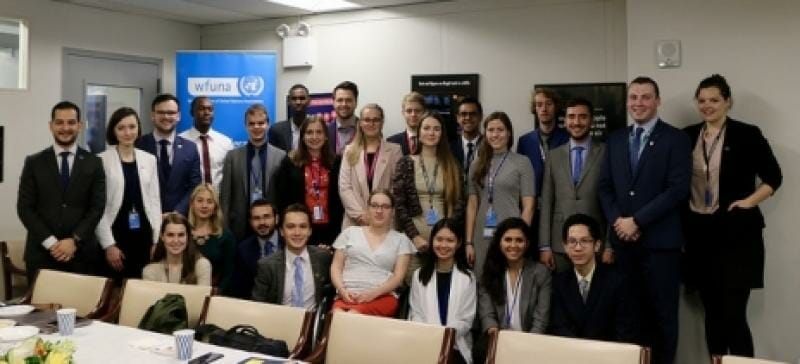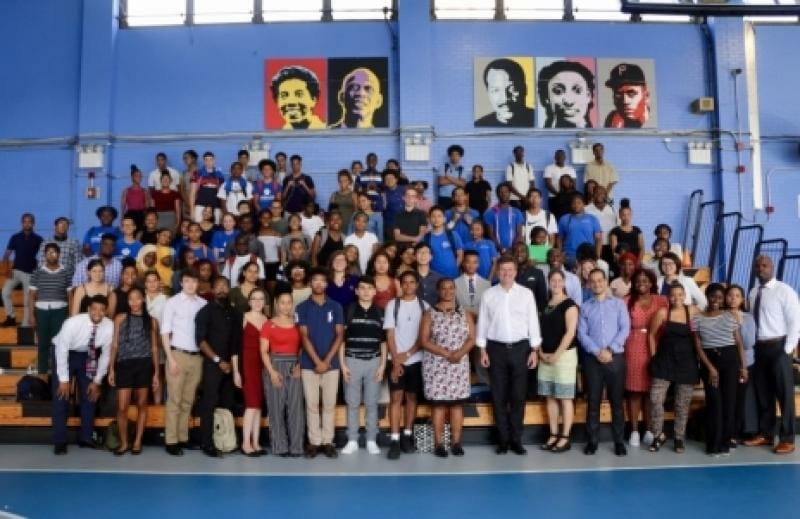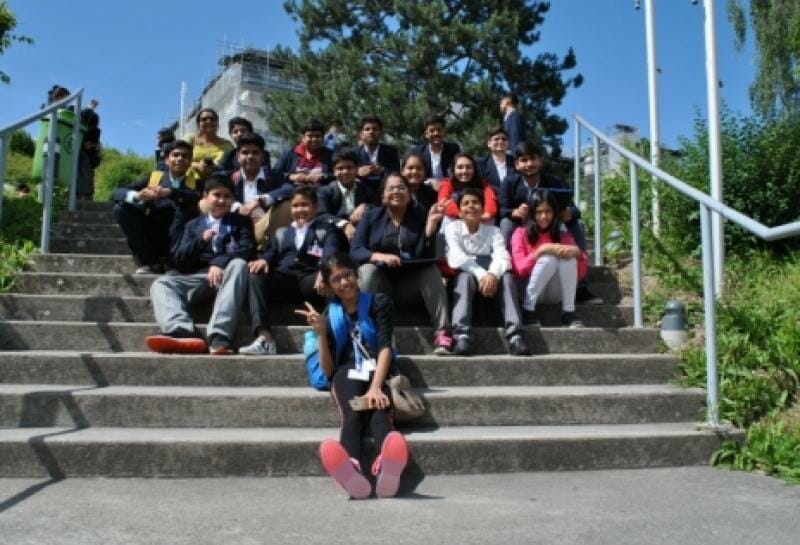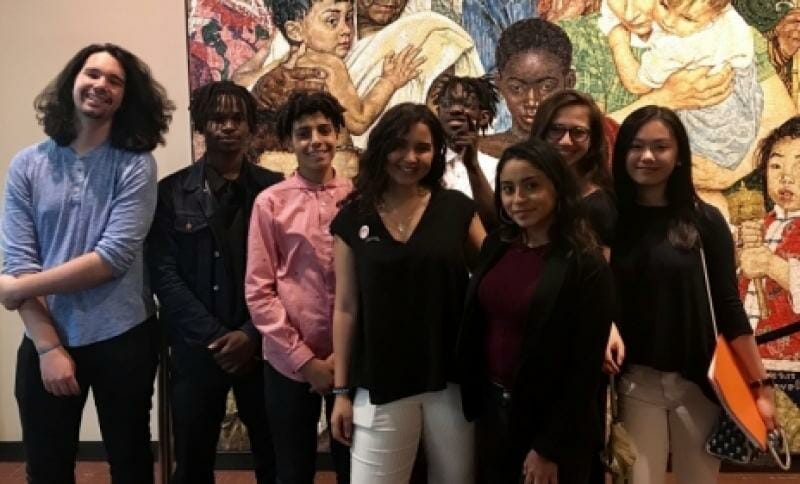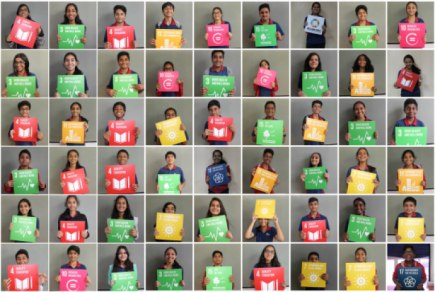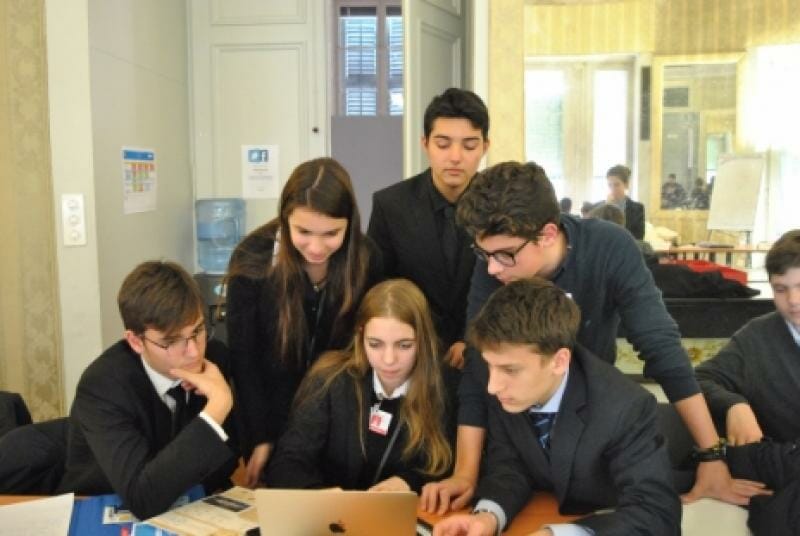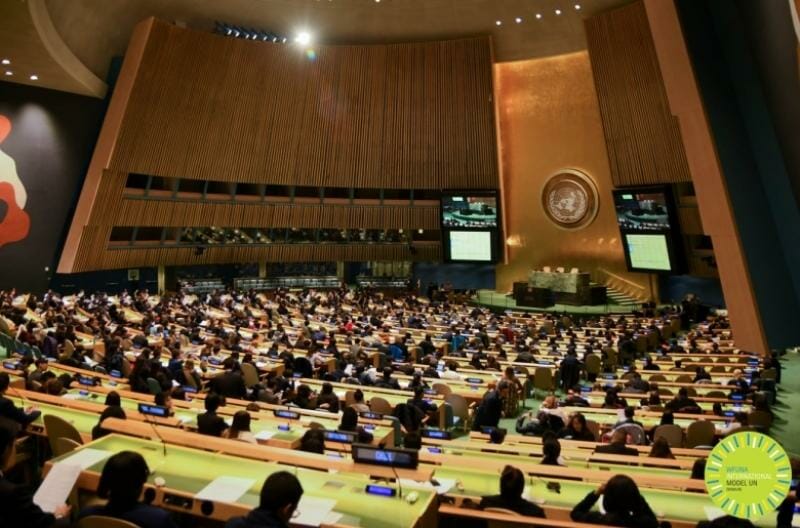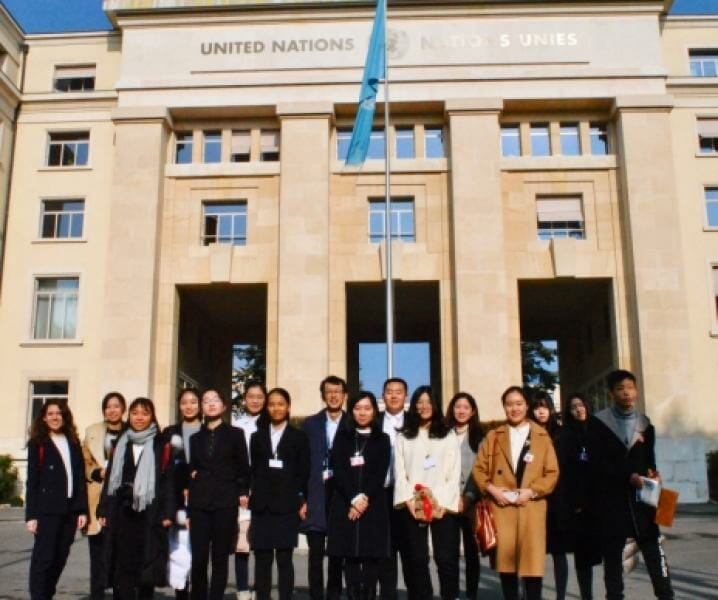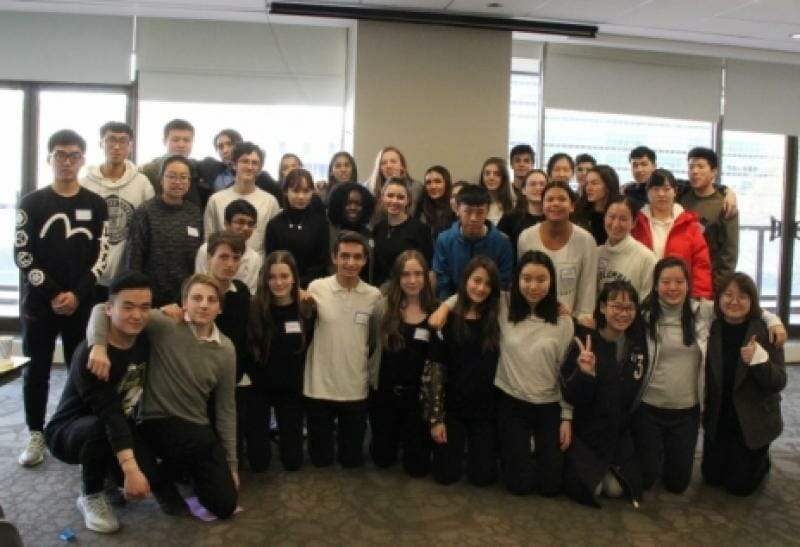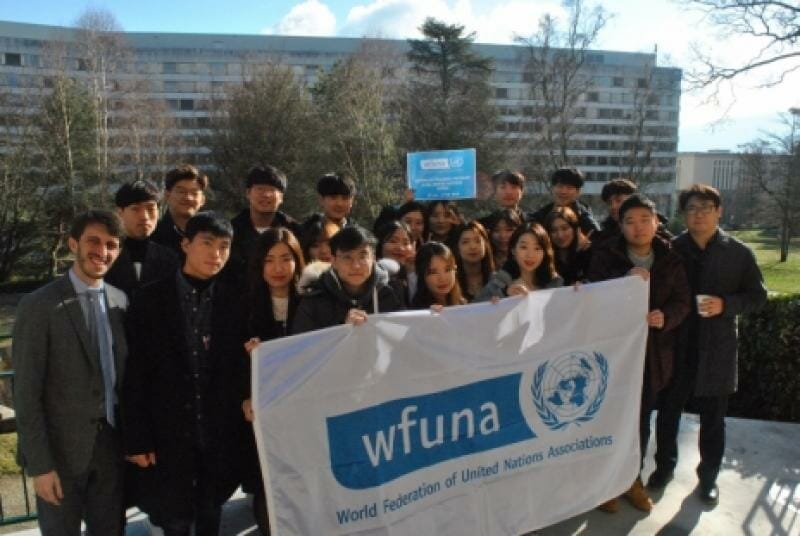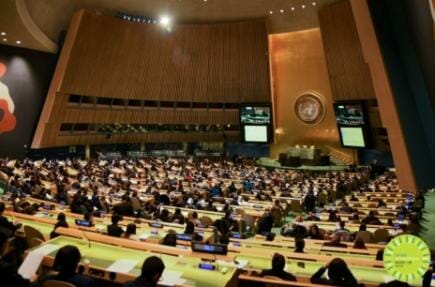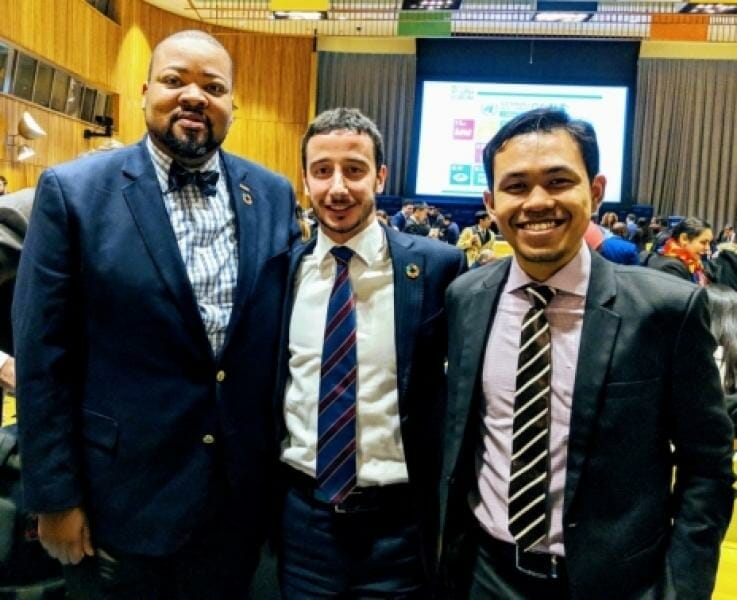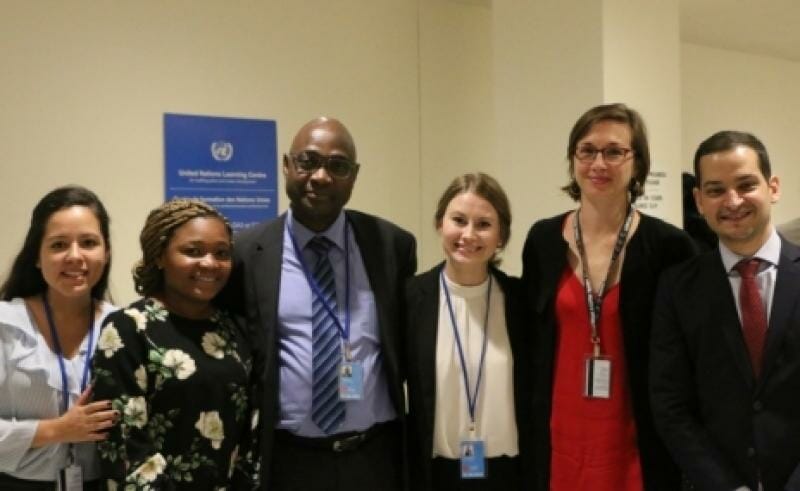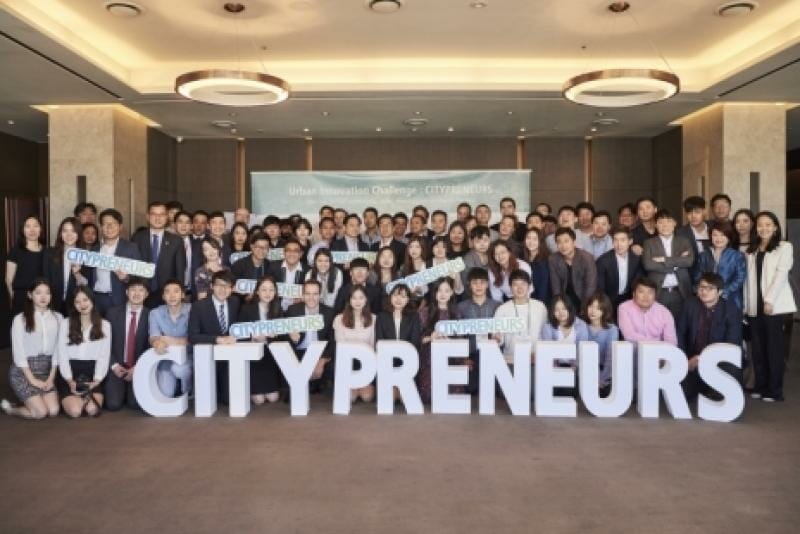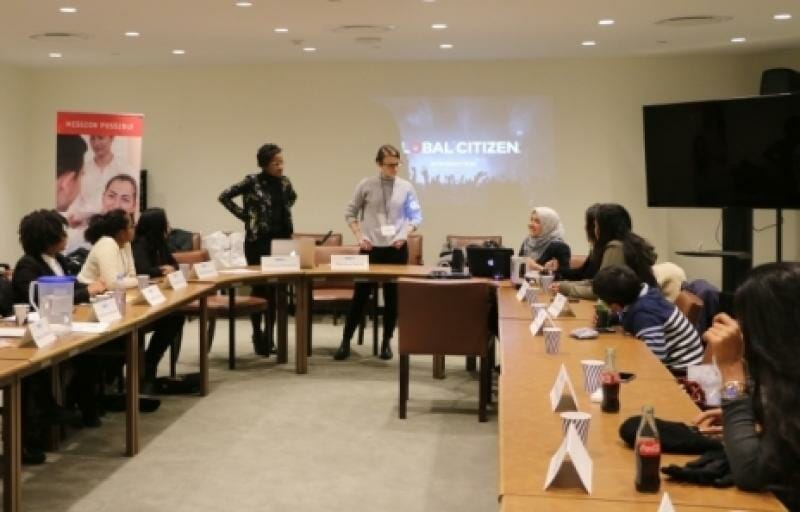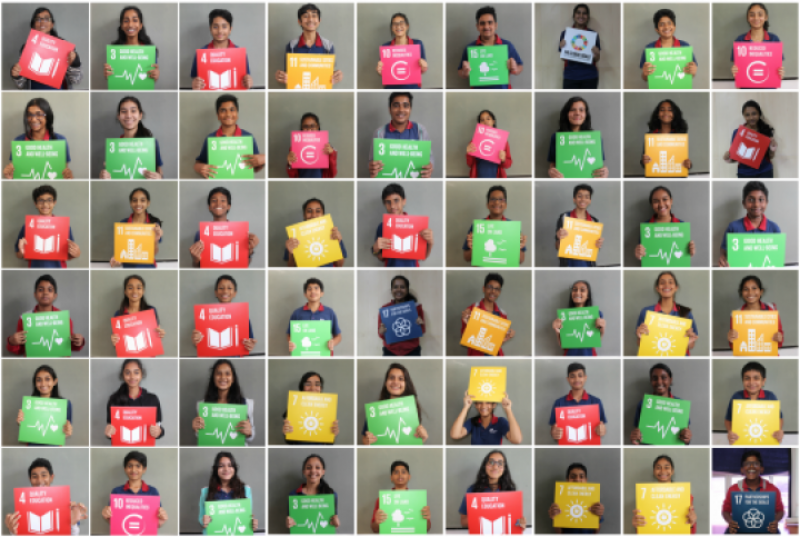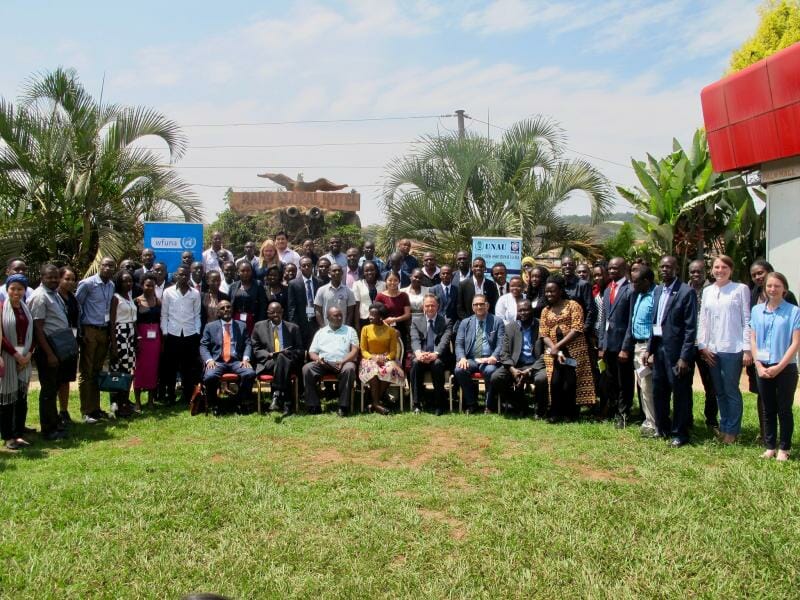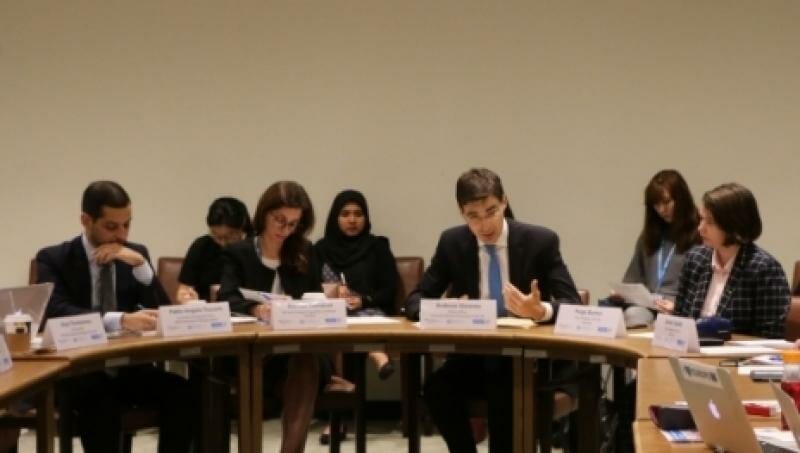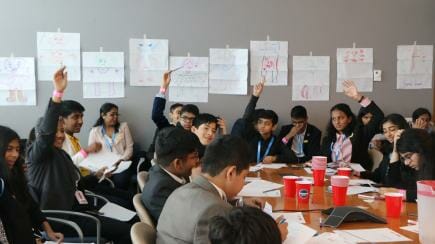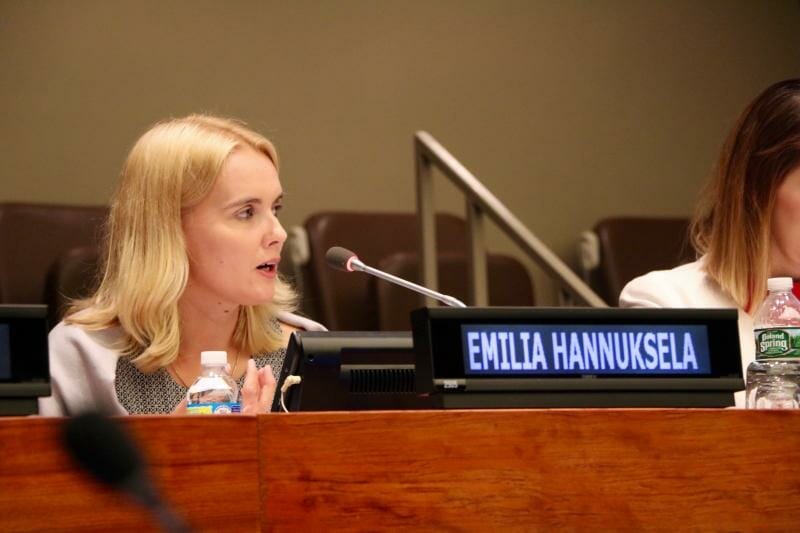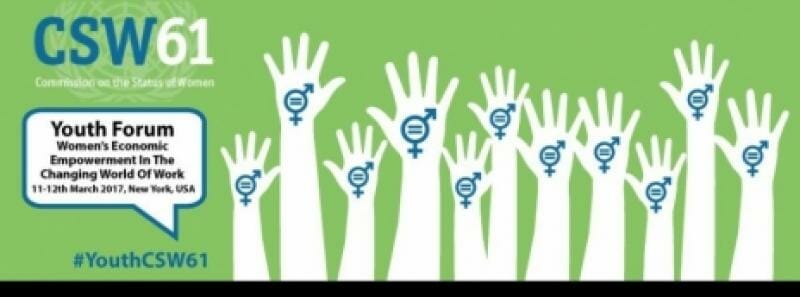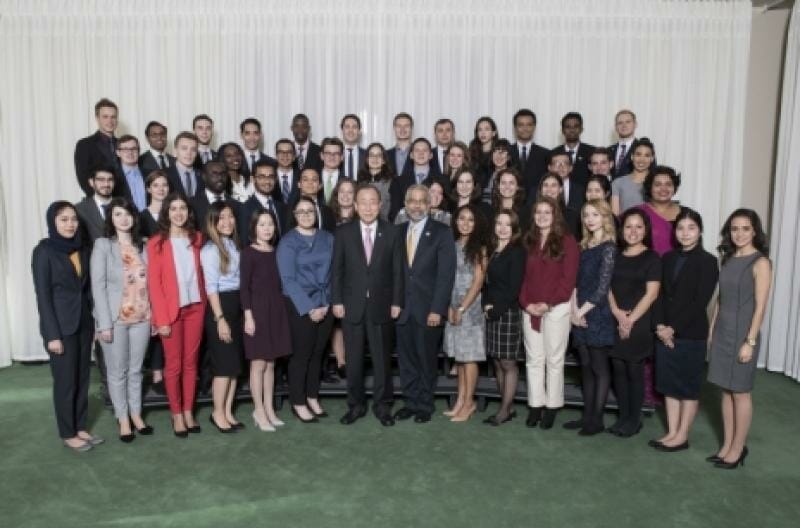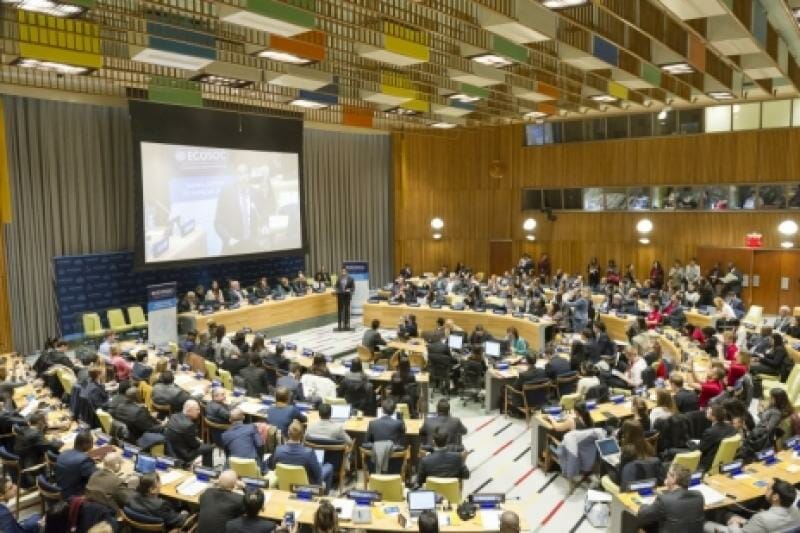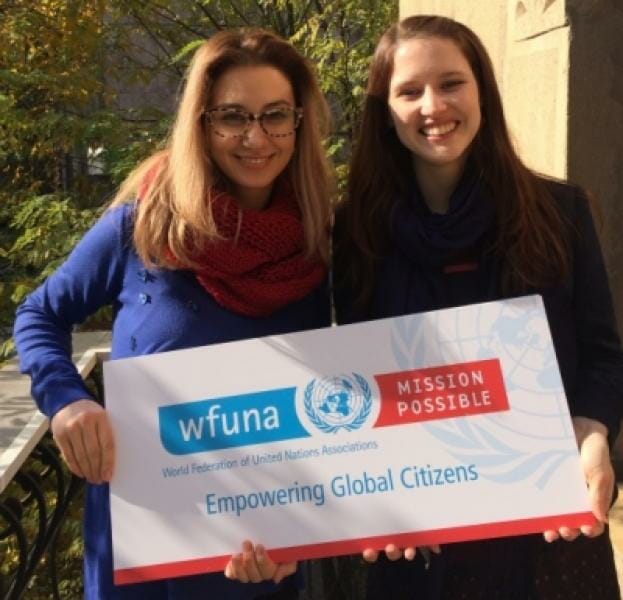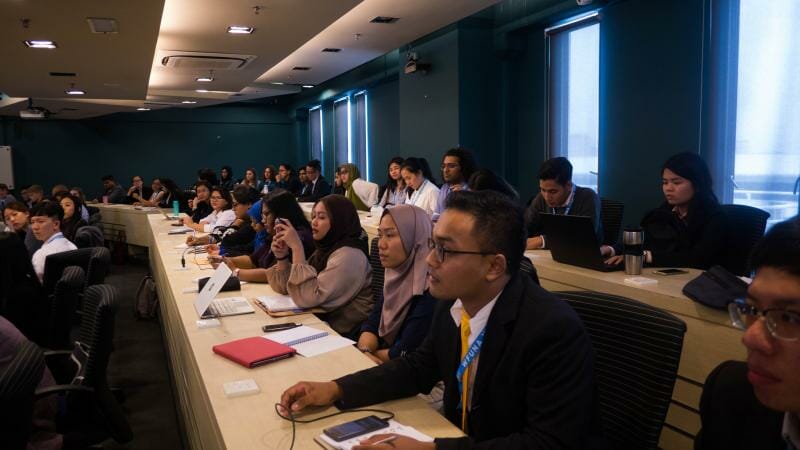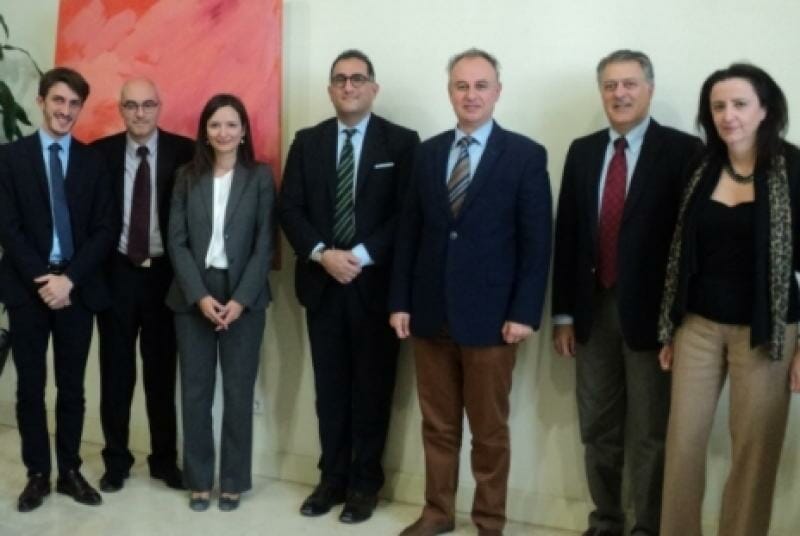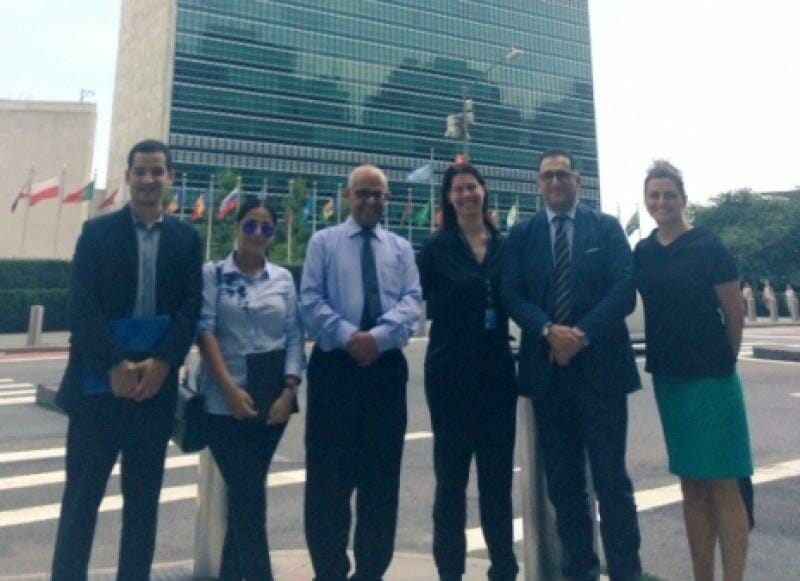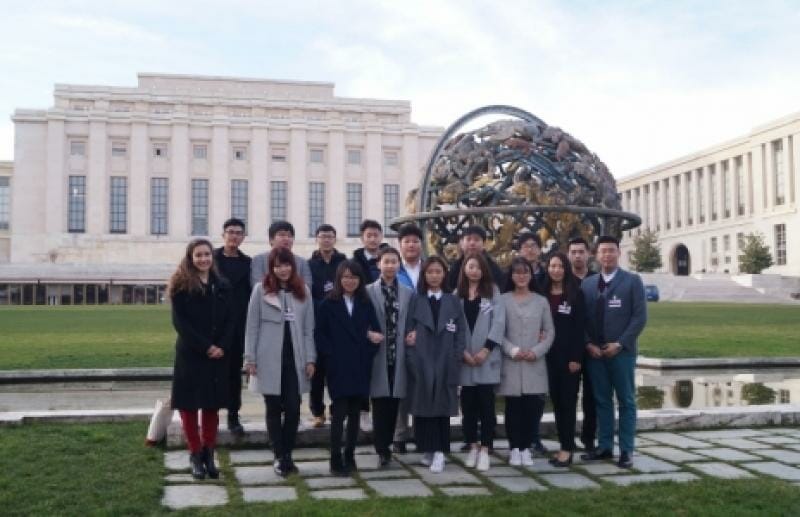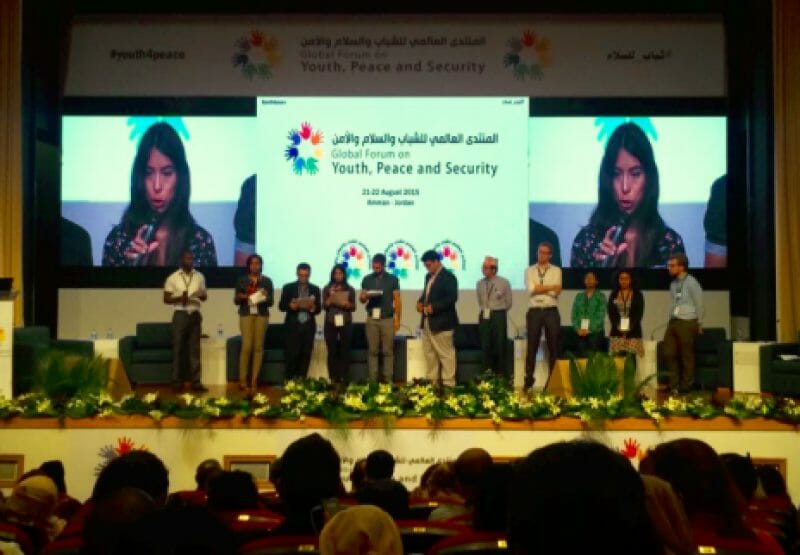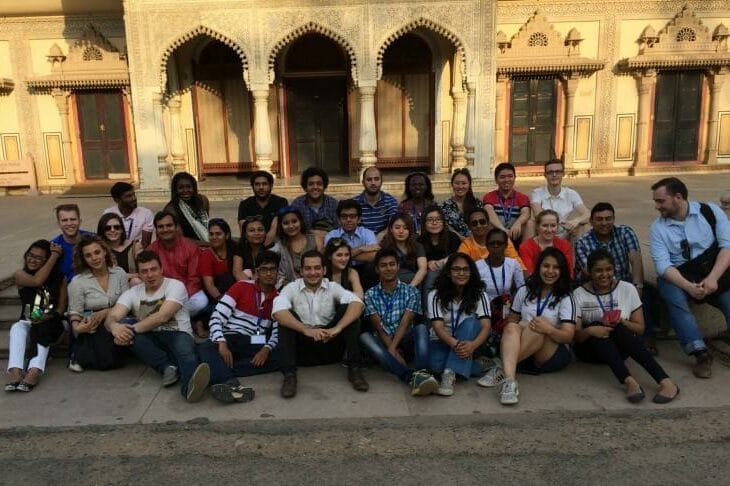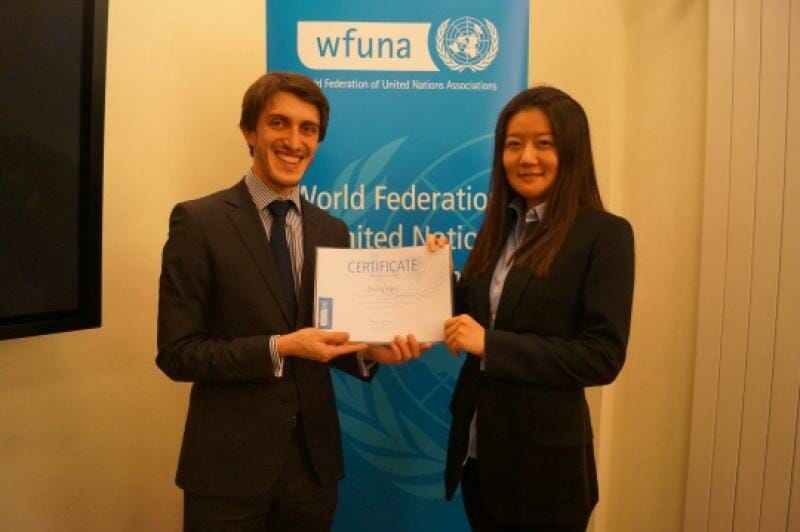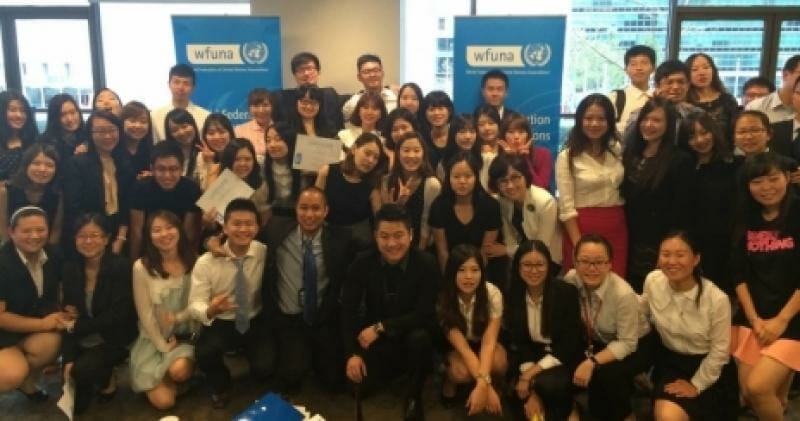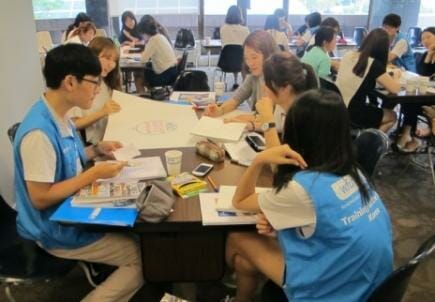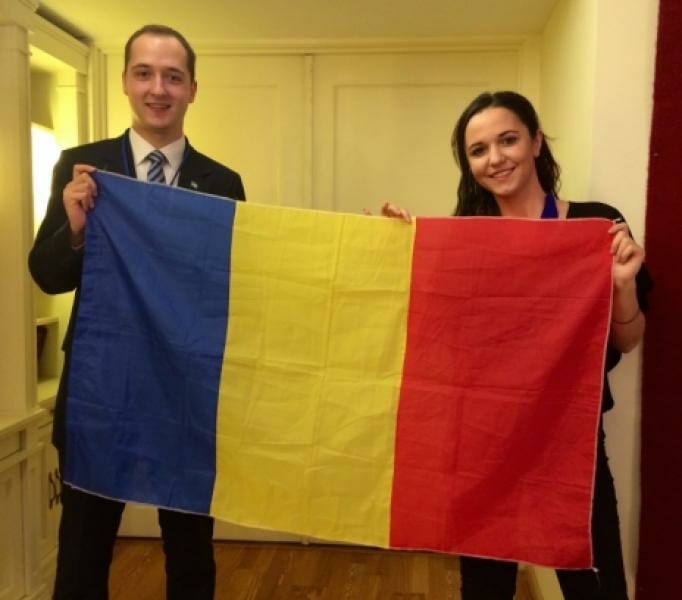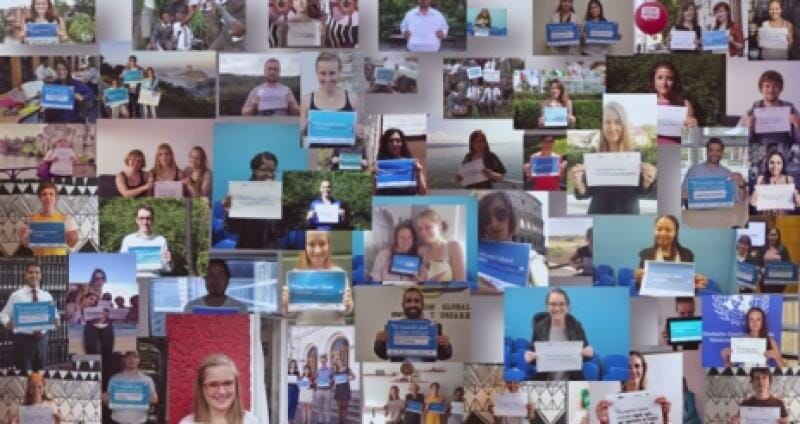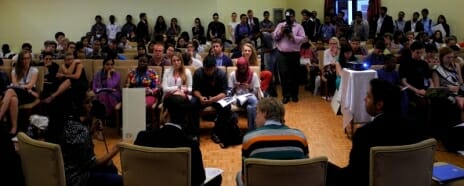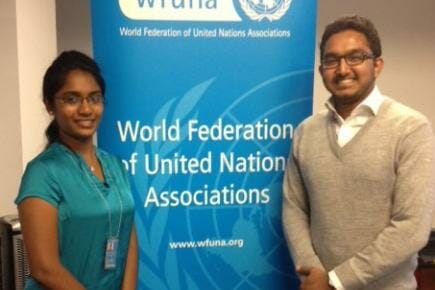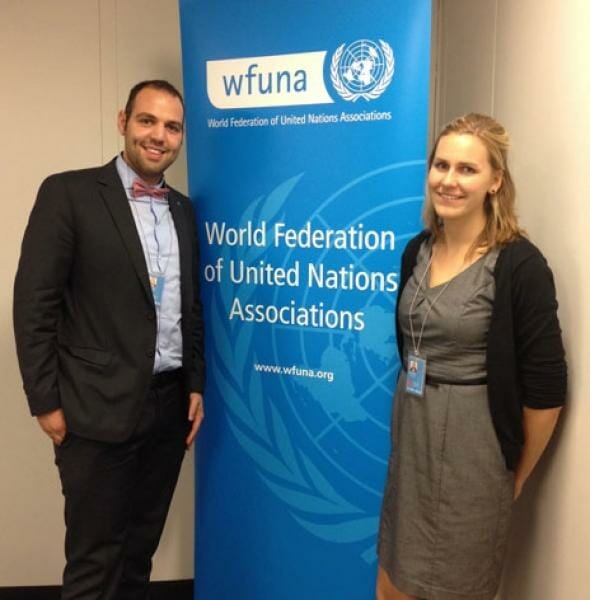The second UN Youth Delegate in our Q&A series is Dr. Richard Bido Medina from the Dominican Republic. The 23-year-old received his medical degree from the Universidad Autonoma de Santo Domingo at 21 and also works as a teaching assistant in physiology and pharmacology at the Universidad Catolica Tecnologica del Cibao. Along with his medical experience, Bido Medina has also participated in over 40 model UNs as a delegate and staff. Here, he shares his experience of talking to youth across his country and what surprised him most when he arrived at UN headquarters in New York.
WFUNA: What is your mandate as a UN Youth Delegate?
Richard Bido Medina: As a youth delegate, the most important duty is to represent the voices of youth in your country and in my case, the Dominican Republic. After we get chosen, we have to make some consultations to the youth in our country. We have to get prepared in matters of the public policies and foreign affairs policies concerning our countries. We have to learn UN repertory, the agreed language. It is an intricate process. We have to take it and learn how to do a good job in the United Nations. It’s important to be prepared.
The second thing is to be connected, be linked with the young people. We have to be as representative as possible.
What interested you in the UN Youth Delegate program?
I participated in model UN since 2006 when I was 16 years old. I was participating in a local, national, and regional level. I became so interested in the diplomatic world that I said, “I need to get into the UN someday.” This program was the perfect opportunity to represent young people in the Dominican Republic and their real interests. I think it’s important that they give us this chance to participate in the decision-making process.
Tell us about the preparation period.
First, you have to read a lot and look for official information on the UN and the public policies in our country. I set a special strategy to implement with the youth. I traveled around the country making consultations, and I was able to get close to young people. I visited high schools, university student associations, and international student associations. I’m the fifth youth delegate from the Dominican Republic, and it’s the first time that we had that [consultation] program. I had 3 to 4 weeks to do it, but it was amazing to listen to young people. They were like, “It’s the first time someone is asking us what we really want.”
What were some of the issues that you discussed?
For example, concerning education, they were expressing that they would like more opportunities to get scholarships. That’s something that caught my attention. They are really concerned about the pedagogical models that we use in the public system in the Dominican Republic. They want to improve the education system. We also talked about globalization. As you know, I come from a developing country. Globalization is a social phenomenon and sometimes youth in the developing countries are not allowed to take advantage of its positive effects. In my country, young people are concerned about it. They think that in many aspects we are not really prepared to be included as a whole in the global process.
Was that an issue you were aware of before the consultation?
Sometimes youth take a passive position. They are inactive in the changing process of our society. It was amazing to listen to them and to know they are really concerned about social issues.
How did that inform your agenda in New York?
I prepared a report on those consultations. When I came to New York, I talked to my Mission and I had the opportunity to present the results of the consultations. I connected it to my speech in front of the General Assembly. I felt so satisfied that I could be a real voice. In many youth delegate programs, they are not allowed to speak in their own capacity. [The Mission] gives them an elaborate speech and they have to deliver it in the GA. In my case, I was speaking in my own capacity as a representative of the youth in my country. I think it was the most important thing that I was told to do my own declaration representing youth concerning Item 27 of the General Assembly on social development, youth, and persons with disabilities.
What were some of the highlights of that speech?
I encouraged all the delegations to promote the program in their countries and to have the youth voice in the General Assembly. I highlighted the education issue and what I was told by the young people during the consultations. After that, I focused on inclusion as a main topic in the social phenomena that we are experiencing in our world. I also remarked on the energy that young people can bring to the debates in the United Nations. When I finished my speech, they broke protocol and clapped. I felt so welcome. Many delegations came close to my table and said congratulations. I was very satisfied with the results.
Have you done any work with the Post-2015 agenda?
In my country, we have a consultation process that is between the UN and the youth ministry, so they are making national, regional and local consultations to take the people’s opinions. I think youth are so linked to the Post 2015 agenda. When we talk about development, young people have an important voice.
What are the challenges and opportunities that UN Youth Delegates face?
I want to first highlight the opportunities. You are able to represent the youth in your country and to bring their worries and interests to the UN. Sometimes we face limitations, especially other countries that don’t have the support they’re supposed to have from the government and their UN mission.
Another thing I’m concerned about is we have an imbalance in representation. We just have two delegations from Latin America and the Caribbean: Mexico and the Dominican Republic. In the Africa group, we just have one from Kenya and two from Rwanda that didn’t come. In Asia, we have Georgia and Sri Lanka. Most of the youth delegates came from Europe. We are about 25 youth delegates. We have 193 member states. The program is not as representative as it should be.
How do you think the Youth Delegate program can improve on diversity?
It really depends on the member state governments. They have to take the program into their strategic plans. I think that as youth delegates, we have the duty to promote it in our regions. I want to bring the program to GRULAC (Group of Latin American and Caribbean Countries) because I think it’s an important opportunity and has a huge value to youth.
Is there a huge awareness of the program in your country?
People know that they choose a delegate and we receive a lot of applications. We promote it. The first delegation in 2009 had three delegates. Then we had two. Now we have one. In Europe, they have gender equality with one man and one woman delegate. We have to improve that gender equality.
Having participated in many Model UNs, how did the real thing compare?
It was kind of different. In the model UN, we try to apply the UN procedural rules, but we don’t have too much time. We have a day, sometimes two days. In the real GA, they have from September to November, so we have more time to prepare. But it’s not that easy to get a consensus among 193 member states. In model UN, we have fewer countries.
But there are still some similarities. We have negotiations, the informal consultations, the lobbying with other delegations. I think the model UN is an important tool to get prepared, not only for the youth delegates, but for youth around the world. When you bring model UN into educational systems, youth can get involved in global issues.
Did anything surprise you at the real UN?
Maybe not surprise, but more amazed. In model UN, we have reciprocal rights when a country feels offended by another country, when they have opposite ideas and they have to struggle with it. I was having that experience in the real GA. I couldn’t believe that they have these reciprocal rights, that they have to respond to other comments. It’s amazing that all that really happens.
Tell us about your involvement with your UNA.
I’m a volunteer for UNA-Dominican Republic, and I think we are doing excellent work concerning youth specifically. We have a lot of conferences to promote the work of the UN, which is the most important objective of the UNA. We promote model UN. We also organize one of the biggest conferences in Latin America, CELA or Conferencia Internacional de las Americas, which takes place every October where we have more than 1500 students that join us in Santo Domingo.
Being part of the UNA-DR was an experience that helped me a lot in my work here at the UN. UNA is really involved in the Youth Delegate selection. They organize the interviews and they are always so close to the youth delegates. If we need advice or preparation, they give it to us. They are doing excellent work in promoting the work of the UN in my country.
What are your plans when you return home?
I have to go home and promote the work of the UN. I always give a special focus on education in high schools and universities and how to integrate the UN clubs. I’m always working on promoting the rights of the child to elementary schools. It’s important that young people know that there is a whole world out there.
Tell us about your day job.
I’m a doctor. Next year I’m going to start a Ph.D training program and Fulbright scholarship. I think I’ll come back to New York. I like NYU or Columbia University. My friends tell me, “You’re supposed to be in the hospital. What are you doing in the United Nations?” I say as a global professional, you shouldn’t have those limitations. You have to open your mind and integrate those things as a global citizen.
It’s surprising that as a doctor, you haven’t mentioned any work you’ve done around health issues.
Even in model UNs, I’ve never been part of the World Health Organization. I feel that’s my background, but let’s talk about the economy or human rights or international law. I’m also concerned about those matters. I love being a doctor. I think that’s my vocation, nothing will change that. I have to look for a point where I can mix all this—medicine, science, diplomatic affairs. I don’t know how I’ll do it, but I will.
Random Question: What is your favorite band or musician?
I think Il Divo. They have a special way to mix the classic style with the current styles. They’re great.


